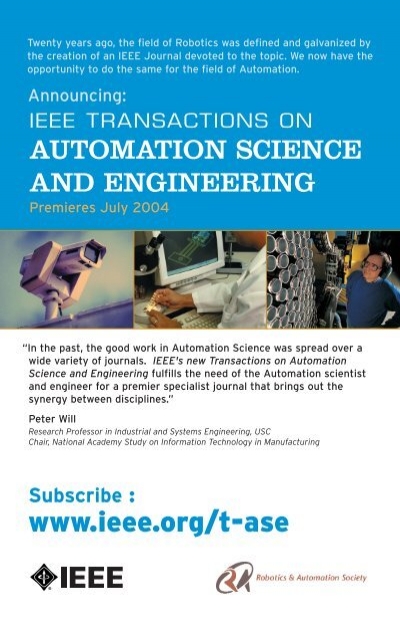TMoE-P: Toward the Pareto Optimum for Multivariate Soft Sensors
IF 6.4
2区 计算机科学
Q1 AUTOMATION & CONTROL SYSTEMS
IEEE Transactions on Automation Science and Engineering
Pub Date : 2024-12-04
DOI:10.1109/TASE.2024.3504736
引用次数: 0
Abstract
Multivariate soft sensors seek to provide accurate estimation of multiple quality variables through the analysis of measurable process variables, representing a significant advance over the traditional focus on single-quality variable sensors within industrial manufacturing. Current progress stays in applying parameter-sharing neural architectures while ignoring two fundamental issues: (1) catastrophic interference, where the indiscriminate sharing of parameters degrades performance due to the discrepancy of objectives; (2) seesaw optimization, where the optimizer overly focuses on one dominant yet simple objective at the expense of others. To address these issues, we reformulate multivariate soft sensors as a multi-objective optimization problem and propose the Task-aware Mixture-of-Experts framework for achieving the Pareto optimum (TMoE-P). Specifically, to handle issue多元软传感器的Pareto最优解
多元软传感器试图通过分析可测量的过程变量来提供多个质量变量的准确估计,这代表了工业制造中传统的单一质量变量传感器的重大进步。目前的进展停留在参数共享神经结构的应用上,而忽略了两个基本问题:(1)灾难性干扰,其中参数的任意共享由于目标的差异而降低了性能;(2)跷跷板优化,即优化器过分关注一个占主导地位但简单的目标,而牺牲其他目标。为了解决这些问题,我们将多元软传感器重新表述为一个多目标优化问题,并提出了任务感知的专家混合框架来实现帕累托最优(TMoE-P)。具体而言,针对问题(1),我们提出了一种目标感知的混合专家(OMoE)模块,该模块由目标特定专家和目标共享专家组成,以实现参数共享,同时适应目标之间的差异。为了解决问题(2),我们设计了一个帕累托目标加权(POW)模块,该模块动态平衡学习目标的权重,以在竞争目标中近似帕累托最优。我们对公共软传感器基准的评估显示了TMoE-P的卓越性能,证实了其增强的准确性和鲁棒性。针对工业制造过程中评估多个质量变量日益复杂的问题,本研究引入了一种新的任务感知混合专家框架,旨在实现帕累托最优(TMoE-P)。该框架通过在参数共享和保持目标之间的独特性之间实现微妙的平衡,从而减轻了灾难性干扰和跷跷板优化的问题,并引导到帕累托最优。实证结果证实了该框架能够熟练地处理变量之间复杂的相互作用,从而潜在地提高工业过程的效率和可靠性。虽然最初是为工业应用中的多变量数据开发的,但TMoE-P框架的模块化和适应性有利于其扩展到广泛的数据结构、优化器和神经体系结构。它的适应性为从业者提供了一个有价值的工具来完成特定的任务需求,为工业过程控制和监测做出了适度的贡献。
本文章由计算机程序翻译,如有差异,请以英文原文为准。
求助全文
约1分钟内获得全文
求助全文
来源期刊

IEEE Transactions on Automation Science and Engineering
工程技术-自动化与控制系统
CiteScore
12.50
自引率
14.30%
发文量
404
审稿时长
3.0 months
期刊介绍:
The IEEE Transactions on Automation Science and Engineering (T-ASE) publishes fundamental papers on Automation, emphasizing scientific results that advance efficiency, quality, productivity, and reliability. T-ASE encourages interdisciplinary approaches from computer science, control systems, electrical engineering, mathematics, mechanical engineering, operations research, and other fields. T-ASE welcomes results relevant to industries such as agriculture, biotechnology, healthcare, home automation, maintenance, manufacturing, pharmaceuticals, retail, security, service, supply chains, and transportation. T-ASE addresses a research community willing to integrate knowledge across disciplines and industries. For this purpose, each paper includes a Note to Practitioners that summarizes how its results can be applied or how they might be extended to apply in practice.
 求助内容:
求助内容: 应助结果提醒方式:
应助结果提醒方式:


